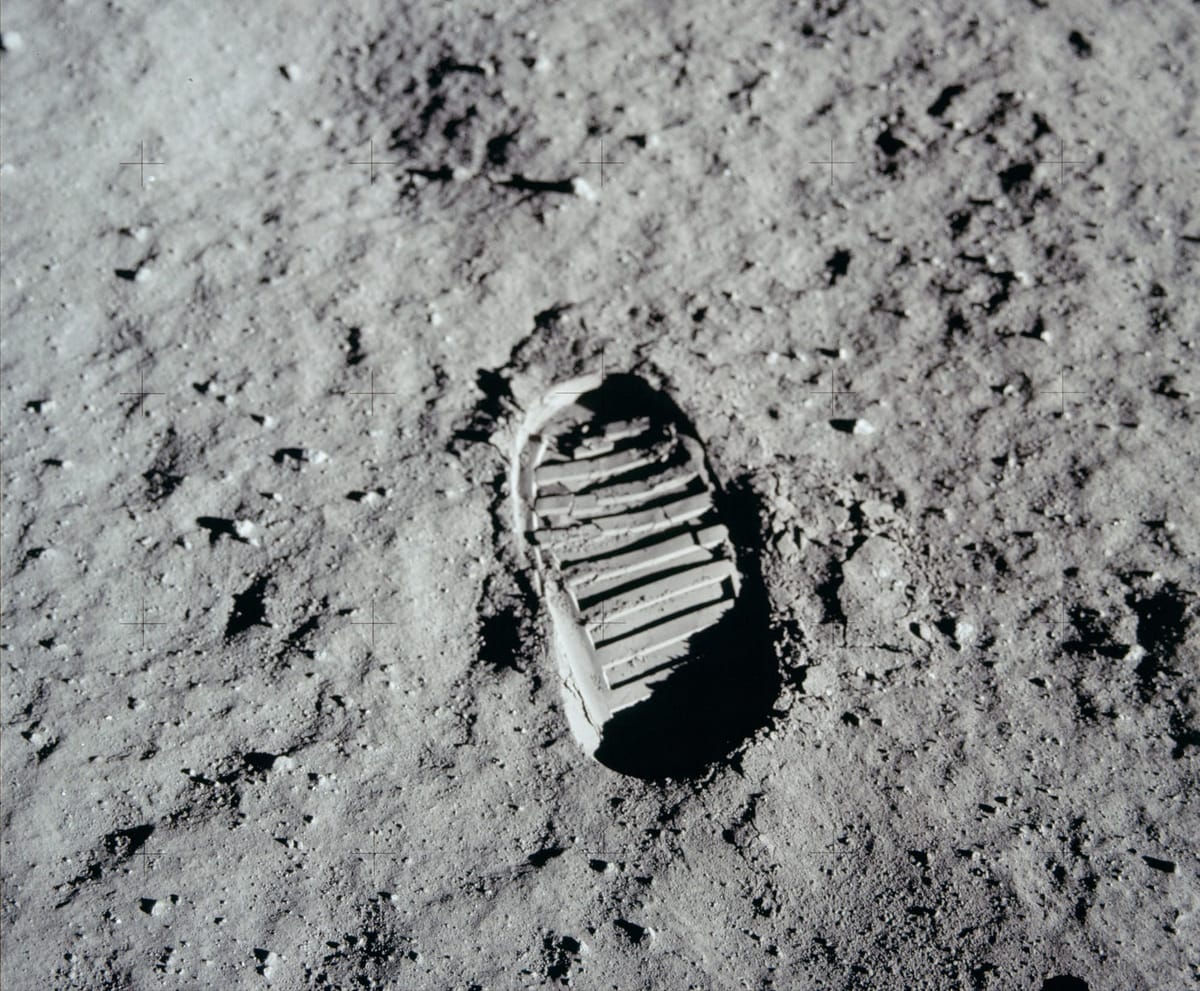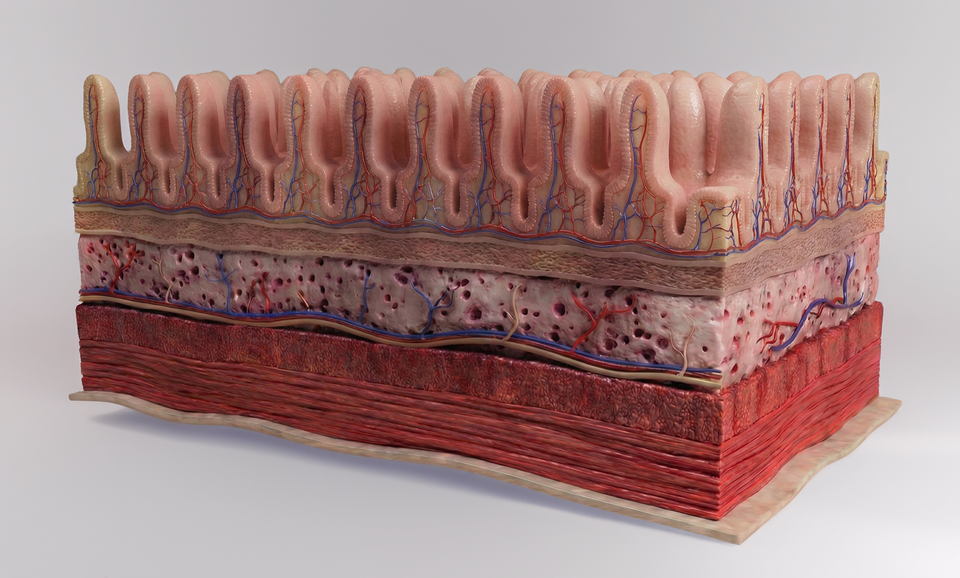uniQure's AMT-130 For Huntington's Is One Giant Leap For Medicine
Dutch biotech uniQure's AMT-130 gene therapy shows 75% reduction in Huntington's progression, a breakthrough for this fatal neurodegenerative disease. Success opens path for treating Parkinson's, Alzheimer's or ALS with similar brain-delivered gene therapies.

Disclosure: The author holds beneficial long positions in uniQure N.V. (NASDAQ: QURE) and ClearPoint Neuro, Inc. (NASDAQ: CLPT). This article is provided for informational and educational purposes only and is not financial advice. Although the author is a Medical Doctor, this content represents a personal opinion regarding the company’s science and market potential and is not medical advice, a diagnosis, or a treatment recommendation. The author receives no compensation for this article and has no business relationship with the company mentioned. Please see the full "Legal Information and Disclosures" section below.
Twenty years ago, House M.D. solved "unsolvable" medical cases in the eponymous TV show, which quickly became one of the most successful series of its time. When "Thirteen" was diagnosed with Huntington's disease, the show confronted a harsh medical reality: there are diseases we can diagnose with genetic precision yet remain powerless to treat. Even House M.D. could not help. Despite identifying the exact mutation decades earlier, physicians in the 2000s had nothing to delay onset or slow progression of Huntington's disease. In the TV show, this embodied one of medicine's greatest limitations: knowing the genetics of a neurodegenerative disease like Huntington's while being unable to stop it.
That limitation has now been broken. On September 24, 2025, Dutch biotech company uniQure (NASDAQ: QURE) published the first topline results from its Phase I/II study of AMT-130, showing a 75% reduction in the progression of Huntington's over three years. Neurofilament light levels, the gold-standard biomarker for neuronal death, actually decreased in treated patients while rising relentlessly in those with untreated Huntington's. The therapy is actively protecting neurons that would otherwise die.
Huntington's disease is a devastating neurodegenerative disorder caused by a single genetic mutation: a section of DNA that repeats too many times in the huntingtin gene, like a stuck record. This error causes the gene to produce a useless and malformed protein that accumulates in neurons and progressively destroys them, particularly in areas controlling movement, cognition, and emotion. AMT-130 represents sophisticated genetic engineering designed to combat this at its source. The therapy uses AAV5 viral vectors to deliver microRNA directly into neurons, where it silences the mutant huntingtin gene through RNA interference, striking at the disease's genetic root. Crucially, it is designed as a one-time intervention with lasting effect. No treated patient has required redosing, and benefits have persisted for three years after treatment. This is far more than an incremental therapeutic improvement. We went from no treatment available to a dramatic slowing of disease progression.
While uniQure developed the gene therapy, accurate delivery to the brain requires specialized equipment. The MRI-guided navigation platform from Solana Beach, California-based ClearPoint Neuro (NASDAQ: CLPT) made this possible. Patients received treatment via ClearPoint's SmartFlow® cannula system. ClearPoint's technology has been deployed in thousands of procedures before, and at least six other biotech companies besides uniQure have clinical trials running with ClearPoint's technology. ClearPoint has positioned itself as an essential infrastructure provider for what's becoming an entirely new medical specialty: neurosurgical gene therapy delivery.
After the release of this data on September 24, uniQure's share price more than tripled, yet the current market capitalization of about $3 billion may still undervalue the opportunity. If FDA approved, uniQure would control the first disease-modifying therapy for Huntington's. Estimating a treatment cost of $2.5 million, which is reasonable for a one-time gene therapy, and assuming conservative penetration of 2,000 annual patients from the 30,000-40,000 U.S. patient pool, uniQure could generate $5 billion in annual U.S. revenue alone. The global opportunity, with 70,000+ patients, potentially doubles this figure. Beyond Huntington's, uniQure is developing therapies for other neurodegenerative diseases using similar technology. The company's pipeline extends beyond Huntington's, with AMT-162 targeting Amyotrophic Lateral Sclerosis, AMT-260 for temporal lobe epilepsy, and AMT-240 addressing autosomal dominant Alzheimer's disease—all using similar gene therapy approaches.
ClearPoint's stock jumped more than 50%, reflecting recognition of their strategic position. At an estimated $13,500 per procedure, treating 2,000 Huntington's patients annually generates $27 million in recurring service revenue. But hospitals must also purchase ClearPoint's navigation systems and specialized equipment, adding significant upfront revenue. The real opportunity, however, lies in platform adoption across diseases. Every neurodegenerative condition now becomes a potential target: Parkinson's (silencing alpha-synuclein), Alzheimer's (targeting tau), ALS, and dozens of rare brain disorders. If even a fraction of their partnered programs reach commercialization, ClearPoint captures both equipment sales and recurring procedure revenue from thousands of treatments annually across multiple indications.
AMT-130's success validates direct brain delivery of gene therapies as a viable approach. The technical barriers once thought insurmountable (crossing the blood-brain barrier, achieving broad brain distribution, avoiding immune responses) have been solved, creating a reproducible template for other neurological conditions. Genetic testing for Huntington's, previously avoided since diagnosis meant inevitable decline, might surge now that treatment exists. Early intervention could prevent symptoms entirely, transforming a fatal diagnosis into a manageable condition. This pattern will likely repeat as therapies emerge for other neurodegenerative diseases.
I added uniQure N.V. (NASDAQ: QURE) at $40.02 and ClearPoint Neuro, Inc. (NASDAQ: CLPT) at $17.02 to the Innovation and Freedom Portfolio on September 24.
Follow me on X for frequent updates (@chaotropy).
Legal Information and Disclosures
General Disclaimer & No Financial Advice: The content of this article is for informational, educational, and entertainment purposes only. It represents the personal opinions of the author as of the date of publication and may change without notice. The author is not a registered investment advisor or financial analyst. This content is not intended to be, and shall not be construed as, financial, legal, tax, or investment advice. It does not constitute a personal recommendation or an assessment of suitability for any specific investor. Readers should conduct their own independent due diligence and consult with a certified financial professional before making any investment decisions.
Medical Disclaimer: Although the author possesses a medical background, the information presented here regarding medical technologies, clinical trials, or pharmaceutical mechanisms is strictly for the purpose of educational discussion and general commentary regarding the underlying science. It does not constitute medical advice, diagnosis, or treatment recommendations, nor does it establish a physician-patient relationship. Readers should never disregard professional medical advice or delay in seeking it because of something read on this website. Always consult a qualified healthcare provider regarding any medical condition.
Accuracy and Third-Party Data: Market trends, clinical trial data, and performance metrics referenced in this article are sourced from independent third parties. While the author believes these sources to be reliable, the completeness, timeliness, or correctness of this data cannot be guaranteed. The author assumes no liability for errors, omissions, or the results obtained from the use of this information.
Disclosure of Interest: The author holds beneficial long positions in uniQure N.V. (NASDAQ: QURE) and ClearPoint Neuro, Inc. (NASDAQ: CLPT). The author reserves the right to buy or sell these securities at any time without further notice. The author receives no direct compensation for the production of this content and maintains no business relationship with the companies mentioned.
Forward-Looking Statements & Risk: This article contains forward-looking statements regarding regulatory outcomes (such as FDA decisions), clinical results, and market potential. These statements are predictions based on current expectations and are subject to significant risks and uncertainties. Investing in biotechnology and pharmaceutical securities involves a high degree of risk, including the potential for total loss of principal. Past performance is not indicative of future results.
Copyright: All content is the property of the author. This article may not be copied, reproduced, or published, in whole or in part, without the author's prior written consent.




